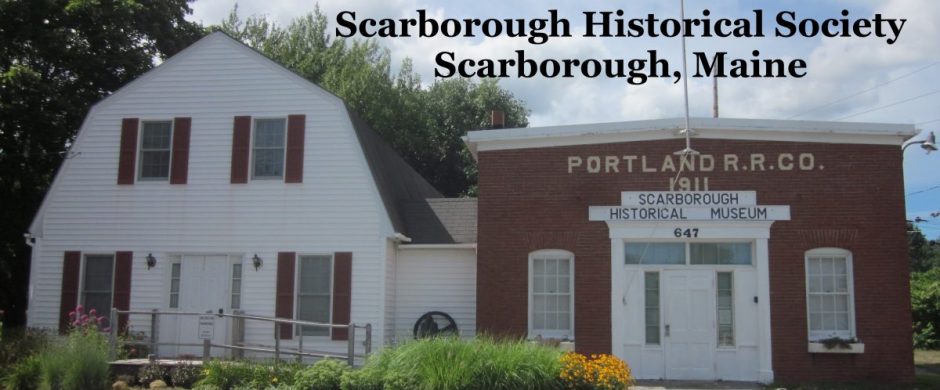Henry Jocelyn, gentleman-this name in our records for a half-century typifies shat English character in its best light. Most of the records of the Province of New Somersetshire are in his hand. Derived of ancient lineage, the fifth surviving son of Sir Thomas Josselyn, Knight, of Willingale Doe, Essex, by his second wife, Theodora, daughter of Edmund Cooke of Lessness Abbey, Erith, and Mount Mascall, Bexley, county of Kent, he got his first degree in 1623 at Cambridge, Corpus Christi College, at about the age of 17. He probably served his time at one of the Inns of Court. Coming over in 1630 as one of the young men in Capt. Walter Nealers party under the Laconia Company,he spent three years on the Piscataqua River, ranking as Capt. Neale’s lieutenant. On their return in 1633, after the breaking up of that company and the separation between Gorges and Mason, he was selected by the latter to come over as his personal agent; but he had not been in charge much over a year when the proprietor sickened and died, leaving the New Hampshire enterprise without support.
By March 1636, Jocelyn had removed to Black Point(Scarborough), where he lived with his friends, the Cammocks, and linked his fortunes to the Gorges’s interests. After removing to Maine, his father, “an ancyent old Knight” came in 1636 to try the country, but soon returned and his brother, John Josselyn the traveler, paid him two visits.^ther kinsmen attracted across were doubtless Francis Neale and probably Peyton Cooke, who both served as recorder or secretary of Lygonia province. Indifference to his own affairs resulted in the loss of his estate (the Cammock patent left to him by Capt.Cammock1s will), but he continued to live on it until King Philip1s War. Left behind among the Indians when Scarborough was abandoned, they would not harm him; long life of kind and liberal dealing had made them his friends. Going in an open boat to the Piscataqua, he was soon selected by the New York government as head of the civil government at Pemaquid, where the remaining years of his old age ‘—– were spent in high respect. He died shortly before 10 May 1683, when news of
—– Sheet 2 —–
his death had reached the Council in New York. His life lends a fragrance to our knowledge of those rough times, but the interests he favored doubtless suffered somewhat from his predominant fair-mindedness and judicial temperament. At one period he was acting as judge both in his own province of Lygonia and in the neighboring province of Maine, continuing the latter service probably longer than he could afford to. In 1657 the court under Mass. ordered “that the foureteene pounds formerly due from the Countrey to Mr. Joelein is now to be paid him.” This must have been for charges incurred many years before. (Page xiii, Vol.I.Maine Province And Court Records, State Lib.)

